If you’re thinking about building long-term financial flexibility with a Roth IRA, Troyer Retirement offers straightforward support to help you make informed decisions.
Whether you’re opening an account or evaluating how it fits with your goals, we provide practical strategies and honest conversations.
Call us at 1-260-247-9099 or email Retire@TroyerRetirement.com to discuss your options. We’re here to help make sense of the details and timelines involved.

Understanding Roth IRAs in Ossain, Indiana
For those considering a Roth IRA in Ossian, Indiana, it’s worth starting with the basics. A Roth IRA allows you to contribute money you’ve already paid taxes on. That money grows over time, and under certain conditions, withdrawals in the future won’t be taxed.
The main appeal is in the control it gives you later. While some accounts force withdrawals at a certain age, a Roth IRA doesn’t. You can decide when to use it or whether to leave it untouched.
This approach helps reassure many people as they consider future spending needs, taxes, and other income streams. However, before making a decision, sit down with your tax and financial professionals and have them review your unique situation to determine if it makes sense for you.
Why a Roth IRA May Work Well
A Roth IRA is often part of a broader plan to prepare for future spending and income needs. It’s not a one-size-fits-all tool, but it offers some distinct benefits.
You contribute after-tax money. This means you’ve already paid the tax up front, so withdrawals later (if you follow the rules) come out tax-free. That can be useful if you expect tax rates to rise in future years or if you want to reduce taxable income during retirement.
You’re not forced to withdraw money at any age. This is especially helpful for those who want more flexibility or avoid tax surprises from required distributions.
And while contributions are capped each year, they can accumulate over time, especially for those starting earlier in life or taking advantage of catch-up contributions after age 50.
Contribution Limits and Eligibility
Your income and tax filing status determine the annual contribution limit for a Roth IRA. For 2025, the general contribution limit is $7,000 for those under 50 and $8,000 for those 50 or older.
However, income plays a role in who can contribute directly. For example:
- If you’re married and filing jointly, the ability to contribute begins phasing out at $230,000.
- If you’re single, the phase-out starts at $146,000.
If you’re over those limits, you can still access a Roth IRA through a conversion. We often work with individuals to explore that route and weigh any tax impact.
What Is a Roth Conversion?
For those with traditional IRAs or other retirement accounts, a Roth conversion can shift money into a Roth IRA. The idea is to pay tax on that money now so it can grow without future tax.
This decision involves timing and tax considerations. Some people convert a portion of their accounts each year to stay within specific tax brackets, while others may decide to convert during years with lower incomes.
At Troyer Retirement, we walk through scenarios based on your income, tax outlook, and long-term spending goals. We don’t focus on one right way. Instead, we help explore which combination of steps could work for you.
Withdrawals and Timing
One of the more flexible features of a Roth IRA is the withdrawal structure.
You can withdraw your contributions at any time without tax or penalty. This is because the money has already been taxed. But earnings on that money are different. To access earnings tax-free, you generally must:
- Be age 59 and a half or older
- Have held the Roth IRA for at least five years
Some exceptions allow early access to earnings under specific circumstances, such as particular medical needs or buying a first home.
This flexibility makes a Roth IRA appealing for those who want options later on without giving up too much control now.
Common Concerns About Roth IRAs
Many people have similar concerns when exploring a Roth IRA in Ossian, Indiana. For example:
- “What happens if my income changes?”
- “How do I time a conversion if I’m still working?”
- “Should I contribute now or wait until later?”
- “What if I don’t need the money later on?”
Besides these questions, another common concern is that after converting to a Roth IRA, the account owner (aged 59 ½ or older) generally doesn’t have access to the earnings for five years without incurring tax penalties. It’s important to consider if your current circumstances align with this condition.
These concerns aren’t one-time conversations. They’re part of an ongoing review process, especially if your goals, income, or tax situation shift.
We focus on creating a space where people can voice their concerns without feeling pressured. Sometimes the right move is to wait. At other times, a small step now opens up more doors in the future.
Service Areas
We work with individuals and families across:
- Ossian, IN
- Decatur, IN
- Bluffton, IN
- Roanoke, IN
- Craigville, IN
- Markle, IN
- Uniondale, IN
- Garrett, IN
- Vera Cruz, IN
- Yoder, IN
- Zanesville, IN
- Fort Wayne, IN
For general information on the area or resources in the community, you can also visit the Town of Ossian’s official website.
Ready to Talk About Your Roth IRA?
Whether you’re starting your first Roth IRA or reviewing how it fits with your retirement income approach, Troyer Retirement is here to help.
Our team will explain the various paths available, review how contributions or conversions align with your income range, and help you consider how a Roth IRA might support your future financial goals.
Let’s talk about how to build something practical, flexible, and suited to how you want to live—now and later. Call us at 1-260-247-9099 or email Retire@TroyerRetirement.com to get started.
Disclosure:
Troyer Retirement does not provide tax or legal advice. Any discussions regarding tax or legal topics are for informational purposes only. We recommend consulting a qualified professional before making financial decisions based on this content.
Please remember that converting an employer plan account to a Roth IRA is a taxable event. Increased taxable income from the Roth IRA conversion may have several consequences. Be sure to consult with a qualified tax advisor before making any decisions regarding your IRA. 4606575 -07/25

